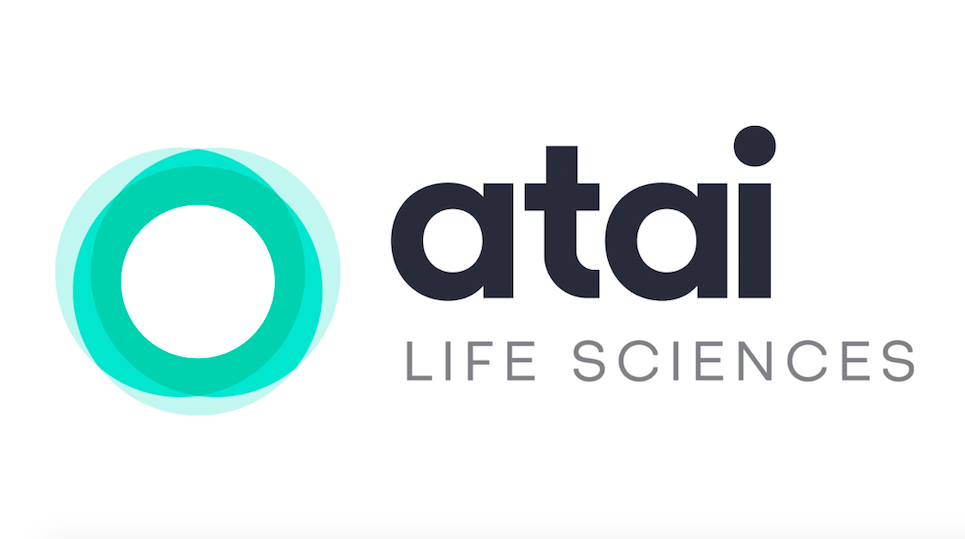
On Friday, atai Life Sciences shared results from its Phase IIa trial with PCN-101, R-ketamine, for treatment-resistant depression.
Disappointingly, the study, led by atai subsidiary Perception Neuroscience, did not meet its primary endpoint of a statistically significant change in Montgomery-Åsberg Depression Rating Scale (MADRS) scores when compared with a placebo.
Fall in atai shares
After the announcement, atai shares fell 40% in pre-market trading, and as of writing are down 33% since Friday, 6 January.
The double-blind randomised clinical trial enrolled 102 patients for two weeks, with scores on the MADRS scale compared to baseline when administered 30g and 60g of R-ketamine. Despite higher response and remission rates in the 60g treatment arm, the trial did not meet statistical significance at any point in time.
The clinical trial did not include a therapy component, often cited as essential to the efficacy of psychedelic medicine, with atai instead pinning its hopes on R-ketamine’s mechanism of action.
Ketamine is thought to induce psychedelic experiences by activating AMPA receptors, which are responsible for the majority of excitatory synaptic transmissions throughout the central nervous system. However, traditional psychedelic medicines work by binding to receptors that detect serotonin, antagonising the 5-HT2a receptor specifically.
R-ketamine and S-ketamine
R-ketamine, a ketamine isomer, was developed by Perception Neuroscience and Otsuka Pharmaceuticals as an alternative to SPRAVATO, the S-ketamine nasal spray from the Janssen – the pharmaceutical company of Johnson & Johnson.
SPRAVATO was approved by the FDA in 2019 and the MHRA in 2020, but has been rejected by the UK’s National Institute for Health and Care Excellence (NICE) three times due to its cost, with a course of treatment priced at £10,000. Despite NICE’s rejection of SPRAVATO, which has stalled its availability on the NHS, there is growing advocacy for the treatment’s approval.
In addition to appeals from Janssen Pharmaceuticals, The Royal College of Psychiatry contends that NICE’s verdict prevents any treatment from securing approval for treatment-resistant depression.
The economics of psychedelic healthcare
Awakn Life Sciences offers a course of low-dose ketamine treatments alongside talk therapy for £6,000. Speaking to PSYCH for The Psychedelics as Medicine Report: Fourth Edition, Awakn’s Head of Psychedelic Medicine, Dr Ben Sessa, said: ‘It may sound expensive, when a patient has to pay £6,000 themselves. But, as I often say in my talks, there is nothing more expensive than an untreated psychiatric patient.
‘Psychiatric patients who don’t get better don’t work and are often on disability benefits. If we can deliver an eight-week course of ketamine-assisted psychotherapy for £6,000 and the patient gets better and gets back to work, then that is very cheap…I’m quite convinced that the NHS will put these medicines into public healthcare because psychedelic-assisted therapies make sense economically.’
SPRAVATO’s high price point is largely attributed to the need for the treatment to be administered in a clinic setting, due to its side effects of dissociation and sedation, with Perception’s PCN-101 designed to mitigate these effects and enabling the treatment to be taken at home.
Although atai’s study confirmed the safety profile of R-ketamine, and showed signs of efficacy, it failed to alleviate symptoms of depression in patients unresponsive to two rounds of conventional antidepressants.
atai’s share price is now down 90% since its IPO, with six drug development programmes ongoing across mental health indications such as schizophrenia, PTSD and opioid-use disorder. The organisation also has a substantial equity interest in COMPASS Pathways’ Phase III treatment-resistant depression trial, as the company’s largest shareholder.


